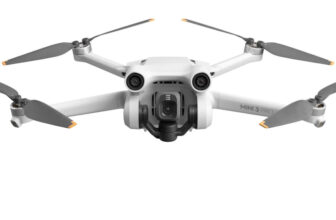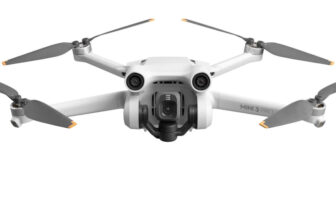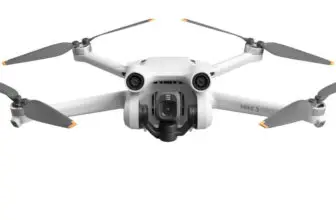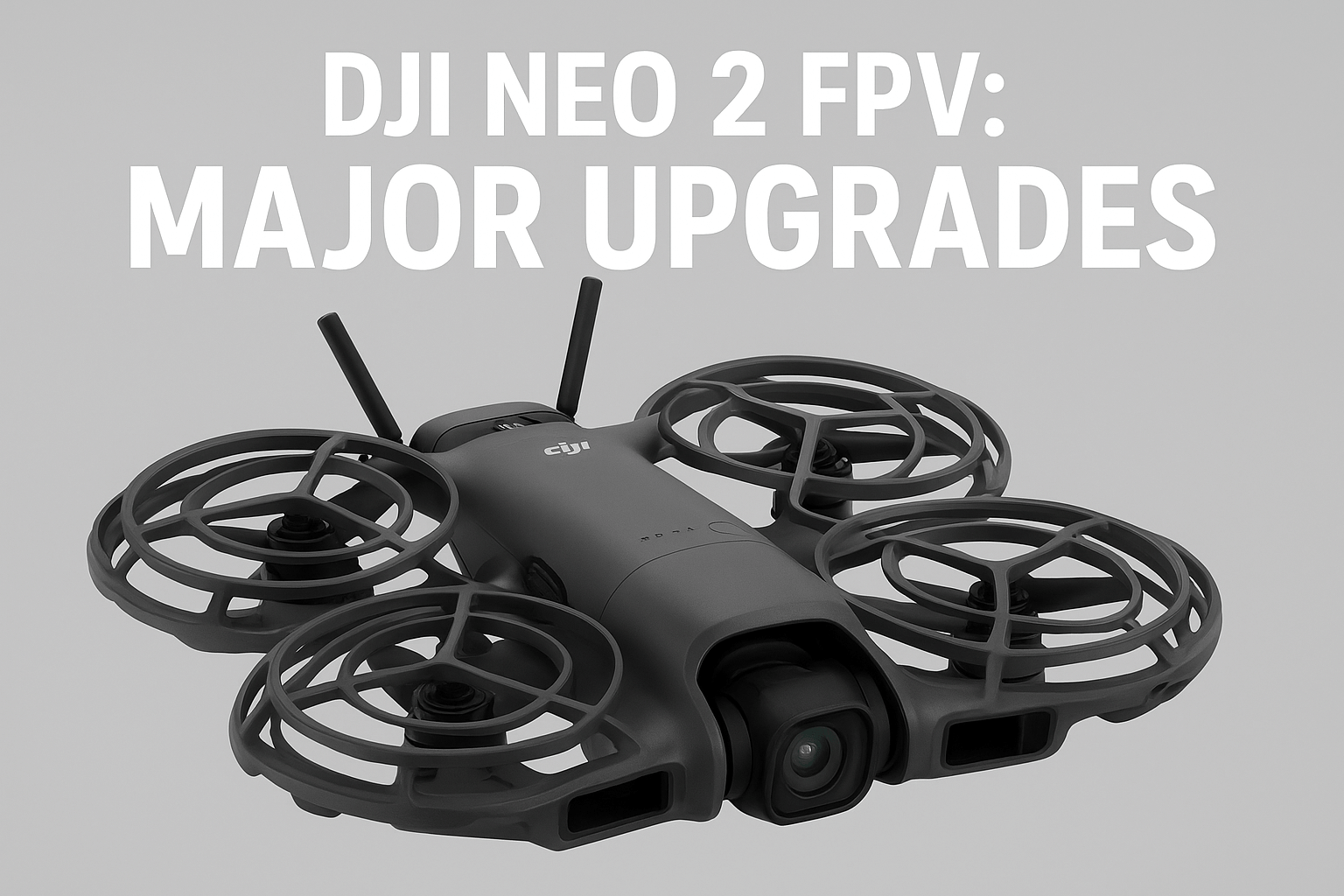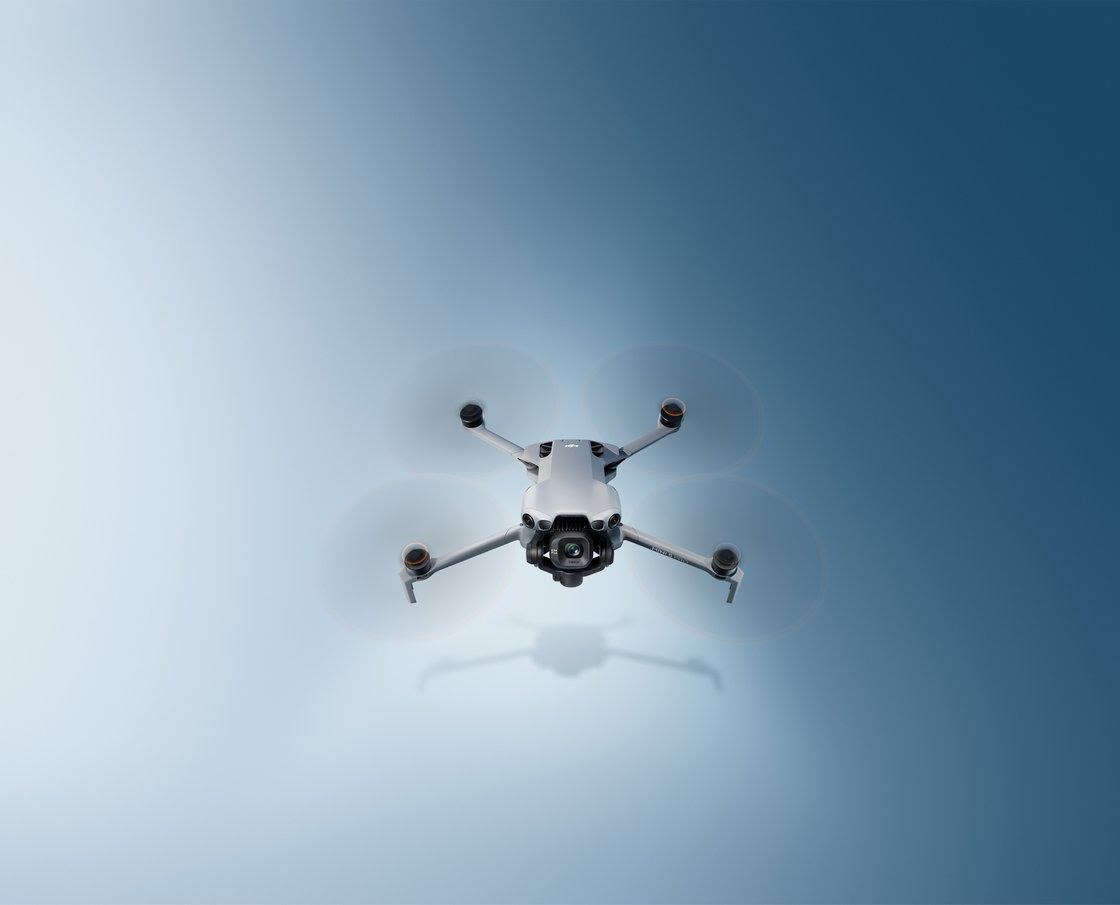
DJI drones haven’t been officially banned yet – but they’re already getting hard to find.
The basics of the potential ban on DJI drones
The war in Ukraine has changed the way US lawmakers think about drones. Tiny FPV drones there have been turned into weapons, showing how much damage small, cheap aircraft can do. That reality, combined with the fact that DJI controls more than 80 percent of the U.S. recreational market, has made Congress nervous about relying so heavily on Chinese tech.
What’s Happening?
Concerns boil down to two things: security and supply. Lawmakers argue that Chinese drones could pass sensitive data to foreign governments, and that depending on one country for so much of the drone market is risky.
So, they’ve enacted or floated several different regulations to limit DJI drones in the US. The most important of these right now is the FY2025 National Defense Authorization Bill. This defense bill ordered a review to decide if drones from companies like DJI are too much of a threat – in which case they would no longer be able to use FCC communications bandwidth, effectively grounding all new models.
Here’s the kicker – if nobody does a review, DJI drones will automatically lose access to FCC bandwidth.
The Mavic 4 Pro & Mini 5 Pro—what about them?
As DJI anticipates problems, they’re slowing down in the US market. Two of DJI’s most anticipated models, the Mavic 4 Pro and Mini 5 Pro, never hit U.S. shelves. DJI has said that unpredictable tariffs, customs risks, and political uncertainty make it too hard to launch here. U.S. retailers have also been reporting shortages of other DJI gear, leaving many hobbyists frustrated.
Aren’t people upset about this?
Yes.. Plenty of drone fans feel boxed in. They want affordable, reliable gear, but new models may never reach U.S. stores. Groups like the Drone Advocacy Alliance are working to represent hobbyists and small operators, pushing for fair rules that won’t punish everyday fliers. DJI has repeatedly maintained that they offer a secure platform and has called for standards-based evaluation, rather than a ban based on country of origin.
What’s likely to come
Right now, nothing is officially banned. But:
New DJI models may be delayed, cost more, or never launch in the U.S.
Existing drones you already own are less likely to be banned outright.
If domestic makers catch up, hobbyists may see new U.S. alternatives—but it’ll take time.
Bottom line
Don’t panic. You can keep flying your current drone. But if you’ve been waiting on the latest DJI gear, you may be waiting a while—or paying more. Keep an eye on what lawmakers decide this year.
Dive into the issue further on DRONELIFE.com, our site for professional pilots – search for NDAA FY25.



